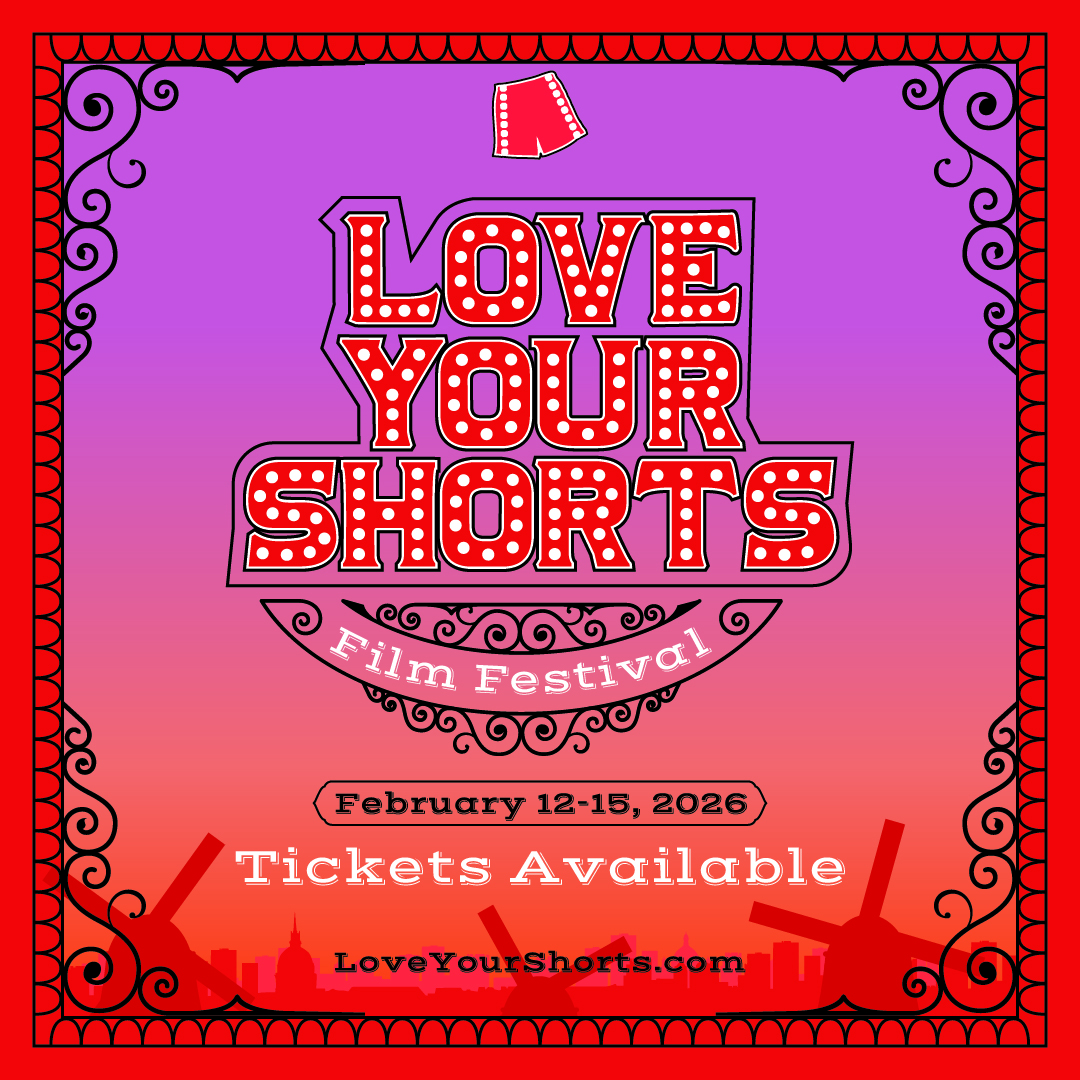Trinidad 1
Listen to Trinidad 1, a 50-year-old man from Port au Spain, Trinidad. Click or tap the triangle-shaped play button to hear the subject.
Both as a courtesy and to comply with copyright law, please remember to credit IDEA for direct or indirect use of samples. IDEA is a free resource; please consider supporting us.
BIOGRAPHICAL INFORMATION
AGE: 50
DATE OF BIRTH (DD/MM/YYYY): 1957
PLACE OF BIRTH: Port au Spain, Trinidad
GENDER: male
ETHNICITY: African-Hispanic
OCCUPATION: lighting designer
EDUCATION: bachelor’s from Boston University and an MFA from the University of Illinois
AREA(S) OF RESIDENCE OUTSIDE REPRESENTATIVE REGION FOR LONGER THAN SIX MONTHS:
The subject attended university in Boston, Massachusetts, in the United States, and graduate school in Chicago, Illinois. He spent most of his adult life in the United States and France.
OTHER INFLUENCES ON SPEECH:
The subject grew up with diverse cultural and linguistic influences of Spanish, French and African traditions through Trinidadian carnivals.
The text used in our recordings of scripted speech can be found by clicking here.
RECORDED BY: Tanera Marshall
DATE OF RECORDING (DD/MM/YYYY): 01/10/2007
PHONETIC TRANSCRIPTION OF SCRIPTED SPEECH: N/A
TRANSCRIBED BY: N/A
DATE OF TRANSCRIPTION (DD/MM/YYYY): N/A
ORTHOGRAPHIC TRANSCRIPTION OF UNSCRIPTED SPEECH:
We did culturally very, very diverse things — go to hear steel bands, which in some homes in the 60s, 70s it was, you know, you don’t do that. But they made sure we kind of took in everything. Parang music, which comes out of Venezuela mostly — it’s Christmas carols sung in Spanish — we were very much a part of that. In another part of the island, Christmas carols are sung in French, so we were really exposed to all kinds of things. [We’d] go to the Hosein festival which is a Moslem — Indian, Moslem, Greek festival which is very much street theater, which is how Carnival kind of came to be, ‘cause you have the Indian street festivals and the African street festivals coming together in Trinidad and becoming very Trinidadian even though it has overlays of French and Spanish carnivals, that kind of thing … very European things — and the slaves sort of mocking the slaveowners and changing of the whole scenario back to what Trinidad is now, or to what Carnival is. So a very broad-based education, not just in text (from what you learned in school) but from what your parents … you know, let’s go see this, let’s understand this, that kind of thing. So I would say that my background on that is a little more open-minded about stuff than, I guess, some of the people growing up in the 60s and 70s would have experienced. I know that I’ve gone to some places and it was like “what are you doing?” — kind … you can feel that vibe, you know, but it’s like “I’m cool” you know? I’m just coming to see what’s going on, you know? Whereas some people would not venture that way. But I think that I mean the more curious thing that you are in terms of how you see things, you can go and be part of anything. I’ve kind of been brought up that way so I’m not afraid to sort of go into places that are considered kind of off-limits. To me it’s like well how else would you get that experience and understand what that is and deal?
TRANSCRIBED BY: Tanera Marshall
DATE OF TRANSCRIPTION (DD/MM/YYYY): 01/10/2007
PHONETIC TRANSCRIPTION OF UNSCRIPTED SPEECH: N/A
TRANSCRIBED BY: N/A
DATE OF TRANSCRIPTION (DD/MM/YYYY): N/A
SCHOLARLY COMMENTARY: N/A
COMMENTARY BY: N/A
DATE OF COMMENTARY (DD/MM/YYYY): N/A
The archive provides:
- Recordings of accent/dialect speakers from the region you select.
- Text of the speakers’ biographical details.
- Scholarly commentary and analysis in some cases.
- In most cases, an orthographic transcription of the speakers’ unscripted speech. In a small number of cases, you will also find a narrow phonetic transcription of the sample (see Phonetic Transcriptions for a complete list). The recordings average four minutes in length and feature both the reading of one of two standard passages, and some unscripted speech. The two passages are Comma Gets a Cure (currently our standard passage) and The Rainbow Passage (used in our earliest recordings).
For instructional materials or coaching in the accents and dialects represented here, please go to Other Dialect Services.
 IDEA: International Dialects of English Archive
IDEA: International Dialects of English Archive




